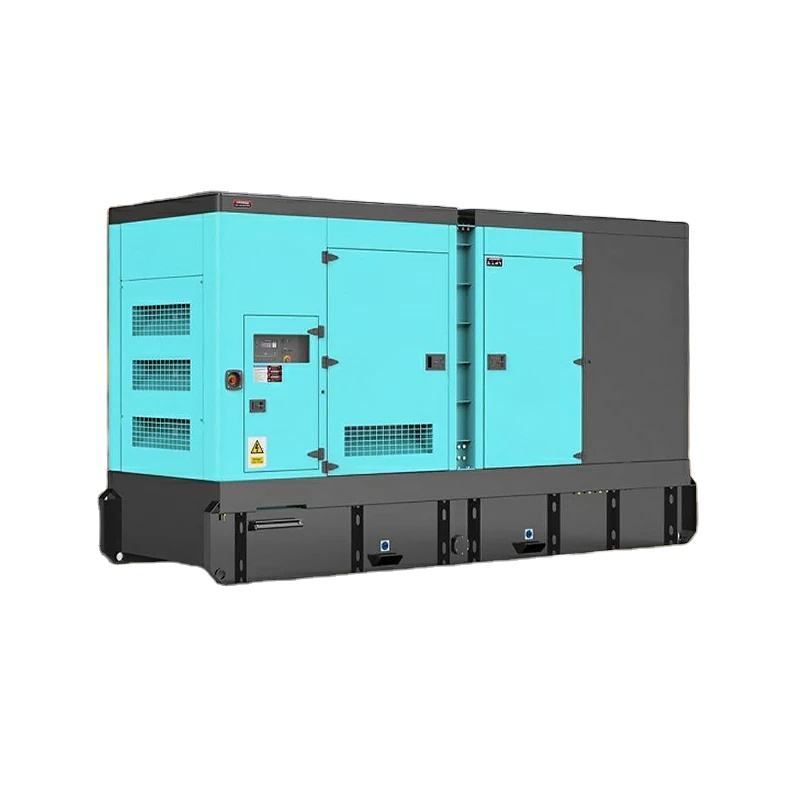Introduction: Why Backup Power Matters
Power outages can wreak havoc on small businesses, leading to lost revenue, spoiled inventory, and dissatisfied customers. Having a reliable backup power source is crucial to keep your operations running smoothly, even when the grid goes down. But with so many generator options available, how do you know which one is right for your business? The answer lies in right-sizing your generator.
What is Right-Sizing?
Right-sizing means selecting a generator that provides the appropriate amount of power for your specific needs, without overspending on unnecessary capacity. It's a delicate balance between ensuring you have enough power to keep your business running and avoiding the costs associated with an oversized generator.
Load Calculation: The First Step in Right-Sizing
To right-size your generator, start by calculating your power load. This involves listing all the devices and equipment that will need power during an outage and determining their wattage. You can usually find this information on the device itself or in the user manual. Once you have your total wattage, divide by the generator's voltage (usually 120 or 240 volts) to get your total amperage. This will give you a rough estimate of the generator size you need.
Choosing the Right Fuel Type
Generators come in various fuel types, including diesel, natural gas, propane, and gasoline. Each has its advantages and disadvantages. For instance, diesel generators are known for their durability and fuel efficiency, while natural gas generators offer lower emissions and a virtually unlimited fuel supply. When choosing a fuel type, consider factors such as availability, cost, and environmental impact.
Fuel Consumption and Runtime
Another essential factor in right-sizing your generator is understanding fuel consumption and runtime. Generators with higher power outputs will typically consume more fuel and have shorter runtimes. To determine the best generator size for your needs, estimate how long you expect power outages to last and choose a generator that can provide the required power while still offering an acceptable runtime.
Selecting the Right Features
When right-sizing your generator, don't forget to consider the features that can enhance your backup power experience. Some popular options include:
Practical Application: Putting It All Together
To illustrate the right-sizing process, let's consider a small business that needs backup power for essential lighting, computers, and refrigeration during power outages. After calculating the power load and researching fuel types, the business owner decides on a natural gas generator with a 10kW power output and an automatic transfer switch.
Conclusion: The Importance of Right-Sizing Your Generator
In my experience, right-sizing your generator is crucial to ensuring you have a reliable and cost-effective backup power solution for your small business. By carefully considering your power needs, fuel type, and desired features, you can choose the perfect generator to keep your operations running smoothly, even when the lights go out.





